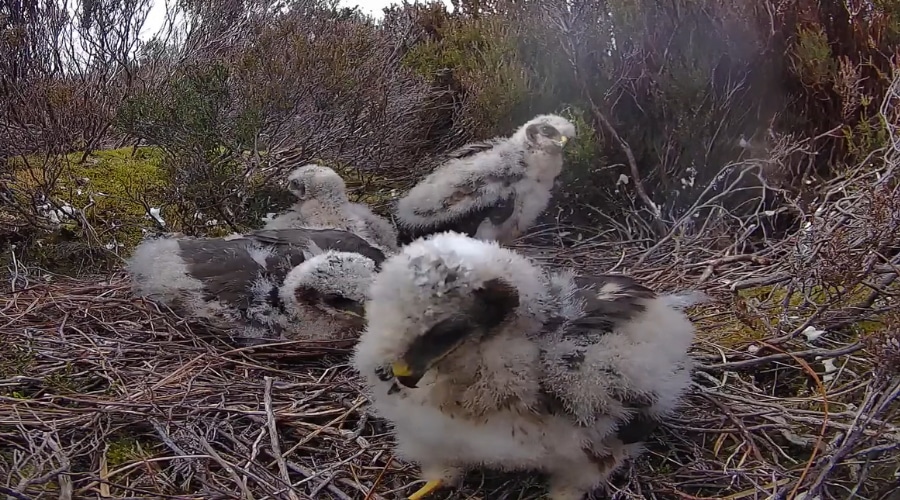
Another record year for hen harriers as 141 chicks fledge in England
New data from Natural England shows 141 hen harrier chicks fledged in England this year, the seventh year in a row that numbers have increased.
Get information on the legal shooting season for mammals and birds in the UK.
Apply for funding for your project or make a donation today
Comprehensive information and advice from our specialist firearms team.
Everything you need to know about shotgun, rifle and airgun ammunition.
Find our up-to-date information, advice and links to government resources.
Everything you need to know on firearms law and licensing.
All the latest news and advice on general licences and how they affect you.
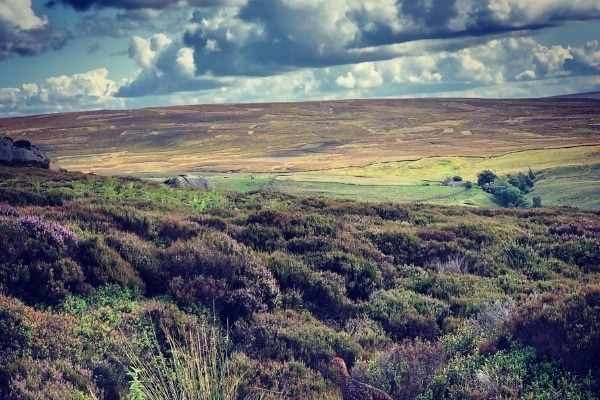
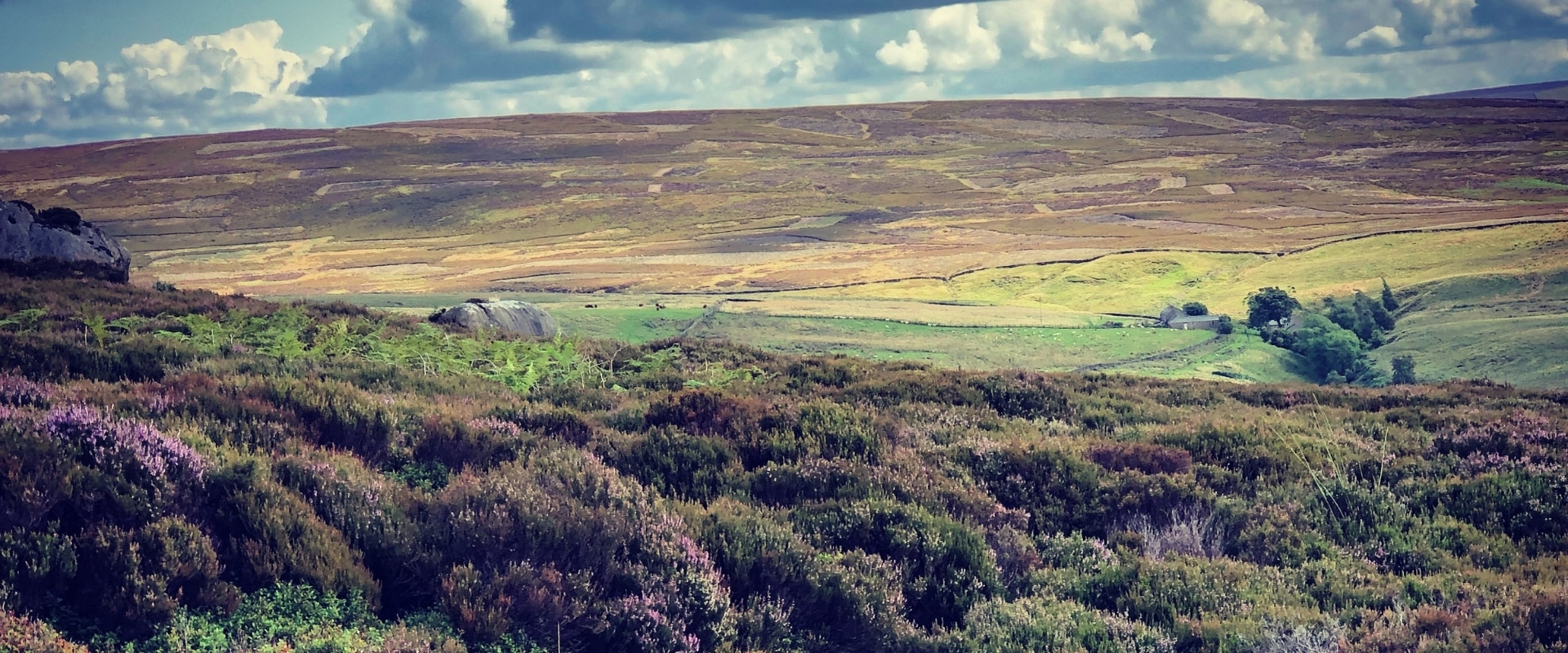
Despite Covid-19, ever increasing pressures on the countryside, overburdensome bureaucracy, and all the other obstacles and pressures heaped upon shooting folk these days, the demand for shooting – and finding somewhere to shoot – is greater than ever.
Ian Grindy discusses the concept of adding value as a shooting tenant, and how this can set you ahead of the field…
In my area, any opportunity to take some shooting rights, even just a few acres, is snapped up before you can get your cheque book out.
This is certainly the case with the smaller shoots where individual farmers or small landowners may not want to highlight the shooting opportunities on their land. These smaller shoots usually pass from person to person by word of mouth or through good contacts. Knowing somebody who knows somebody and acting very quickly is about the only way you can break into this market.
Larger estates may use an agent to market and advertise shooting rights, but the competition is still tough. It’s basically a sellers’ market. And this is where it starts to get sticky.
When people apply for shooting rights, the first thing they think about is how much will it cost. The assumption being that it’s all about money. But that’s not always the case. Money is important, of course it is, but landowners do have other priorities.
I spent 17 years managing upland estates and property for a large corporate organisation. My priorities and objectives were very different to the average private landowner, but the one thing I am certain about is that successful applications for shooting rights depend on researching your prospective landlord’s objectives as thoroughly as possible, and as quickly as possible.
What most landowners want is a quiet life, where shooting dovetails with other farm or estate priorities. They also want a situation where a prospective tenant contributes ‘added value’ by helping to meet the landlord’s wider objectives.
Grouse will soon be on the menu again, so what about getting your hands on a small grouse moor tenancy, or even a bit of marginal land to shoot over? It would be a challenge, of course, but not impossible. If you are the intrepid type, and fancy your chances, here are a few things to think about…
During the past ten years the pressure and scrutiny placed on upland grouse shooting estate owners, particularly those in the corporate sector, has increased dramatically.
The corporate sector – which includes the water companies, Crown Estate, Forestry Commission and National Trust, among others – are ever more conscious of the need to protect their reputation and environmental credentials. So, if you don’t get that, and they have shooting rights on offer, it’s probably not worth applying!
The corporate landowning sector is unlikely to welcome highly commercial shooting on their land these days. In the present political climate, they are more likely to favour the smaller operator with a sound knowledge of upland land management and conservation, and an ethical and legal approach to everything they do. To put it bluntly, they will need to trust you. What can you bring to the table?
Think holistically (sorry about the buzzword). What else can you offer other than rent money? Well, quite a lot, actually. A good grouse shooting tenant could be an asset to the landowner so long as they act fairly and responsibly.
For example, I remember having to deal with a large moorland wildfire on the estates. The farming tenant, my own staff, and even the fire brigade were struggling to get it under control.
What made things worse, there was no firefighting (and very expensive) helicopter available. These were all tied up dealing with fires in the Peak District.
What helped to save the day was the shooting tenant, who turned up with as many fire beaters and men as he could lay his hands on.
He’d also contacted the neighbouring keepers and estates, and they turned out to help too. This stopped the fire from spreading even further onto sensitive water catchment land.
That’s what I mean by ‘adding value.’
I am far from blind to all the various conflicts in the uplands, but it’s not always like that.
On one occasion we had a pair of hen harriers nesting on our ground. When the shooting tenant found out, he came to see us at the estate office. He then offered to pay for trail cameras for our wardens, and RSPB staff, to monitor sheep tracks in the vicinity of the nest for evidence of foxes. They would deal with the cameras; he could deal with the foxes. The nest survived.
Every estate has concerns about security. The shooting tenant can help with this just by keeping an eye open. If something doesn’t look right, then ring the police or the estate office. There is not a landlord or farmer in the land who won’t thank you for this.
All these things contribute to added value.
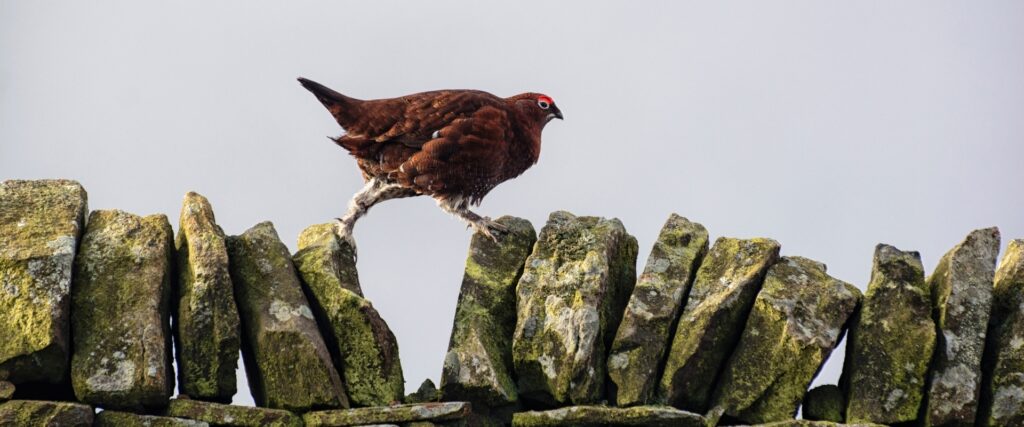
Harmony is never easy to attain at the best of times, but it’s even harder on grouse moors, where there are so many conflicting issues.
The larger estates have a variety of tenants to deal with. But it matters not whether they farm, shoot, rent a cottage or whatever else is available on the estate, the landlord wants them to get on well together.
So, if you want to get hold of that coveted grouse moor tenancy, it’s your job to convince the landlord that you will fit in. Nobody wants a never-ending moaner on their books. The landlord will do his background checks, and you should do yours.
Upland shooting tenants also need to understand upland farming. If you have a genuine empathy for farming and stock management, it will be noticed. You can’t fake these things. But empathy comes with knowledge, so find out everything you can about farming before an interview with the landlord.
Most grouse moors are situated in National Parks, Areas of Outstanding Natural Beauty (AONBs) or other designated sites. Sites of Special Scientific Interest (SSSIs) and Special Protection Areas (SPAs) abound in the uplands, along with numerous other legally binding agreements that dictate what you can or can’t do with those hoped-for shooting rights.
Study what’s involved with these designations and see how you can help, where you fit in, and what you need to do to maintain compliance. If you can help the landlord meet some of their designated objectives, you’re adding value.
I was grateful when a shooting tenant called in at the estate office to tell me that sheep had broken through the fence into one of our precious heather regeneration plots. I was even more grateful when I realised that he’d got them out again, told the farmer and patched up the hole in the fence for us. That certainly added value to my day.
We were trying to introduce new upland oak-woods along our watercourses. Oak saplings don’t mix well with deer and rabbits. Could the shooting tenant help with this? Of course they could.
What about weekend fire-watching or asking people politely to avoid bringing portable BBQs on to the moor – would you be willing to do that? Dead sheep in a watercourse, possible pollution incident, are you able to help? And what about paying special attention to crows and foxes near lambing fields – any chance of a hand for the farmer?
I really appreciated the shooting tenants maintaining dialogue with Natural England’s conservation officers, RSPB, our tenant farmers, my own staff, and everybody else with an interest in the estate. Having an ability to get on with (and I know this isn’t always easy) those whose interests overlap with shooting is vital.
Time is precious of course. There is a shoot to run, and a hundred and one other things you have to do, but when it comes to integrating shooting activities with everything else that’s going on in the uplands, it’s priceless. Does it add value? You bet it does.
This article first appeared in the July/August edition of Shooting and Conservation Magazine.


New data from Natural England shows 141 hen harrier chicks fledged in England this year, the seventh year in a row that numbers have increased.
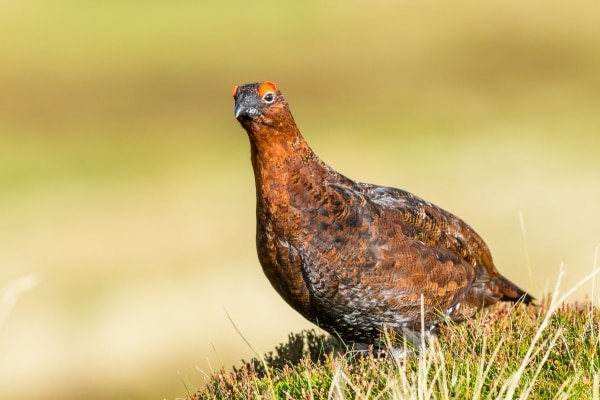
BASC has warned the Scottish government of the “ruinous” impact the Wildlife Management and Muirburn (Scotland) Bill will inflict on the country’s biodiversity and rural economy.
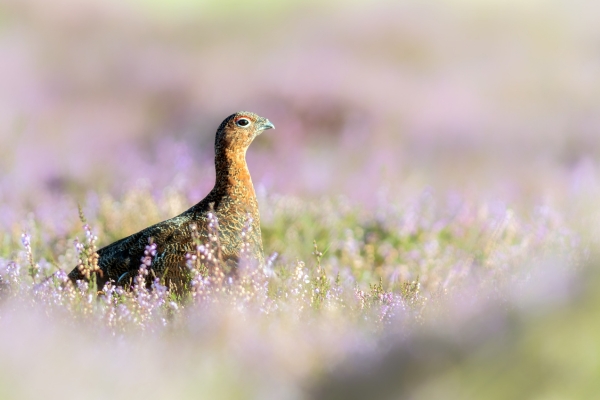
BASC has welcomed the Government’s robust response to a petition calling for a ban on driven grouse shooting.
Sign up to our weekly newsletter and get all the latest updates straight to your inbox.
© 2025 British Association for Shooting and Conservation. Registered Office: Marford Mill, Rossett, Wrexham, LL12 0HL – Registered Society No: 28488R. BASC is a trading name of the British Association for Shooting and Conservation Limited which is authorised and regulated by the Financial Conduct Authority (FCA) under firm reference number 311937.
BASC Direct Ltd is an Introducer Appointed Representative of Agria Pet Insurance Ltd who administer the insurance and is authorised and regulated by the Financial Conduct Authority, Financial Services Register Number 496160. Agria Pet Insurance is registered and incorporated in England and Wales with registered number 04258783. Registered office: First Floor, Blue Leanie, Walton Street, Aylesbury, Buckinghamshire, HP21 7QW. Agria insurance policies are underwritten by Agria Försäkring.
If you have any questions or complaints about your BASC membership insurance cover, please email us. More information about resolving complaints can be found on the FCA website or on the EU ODR platform.